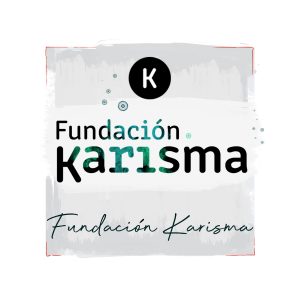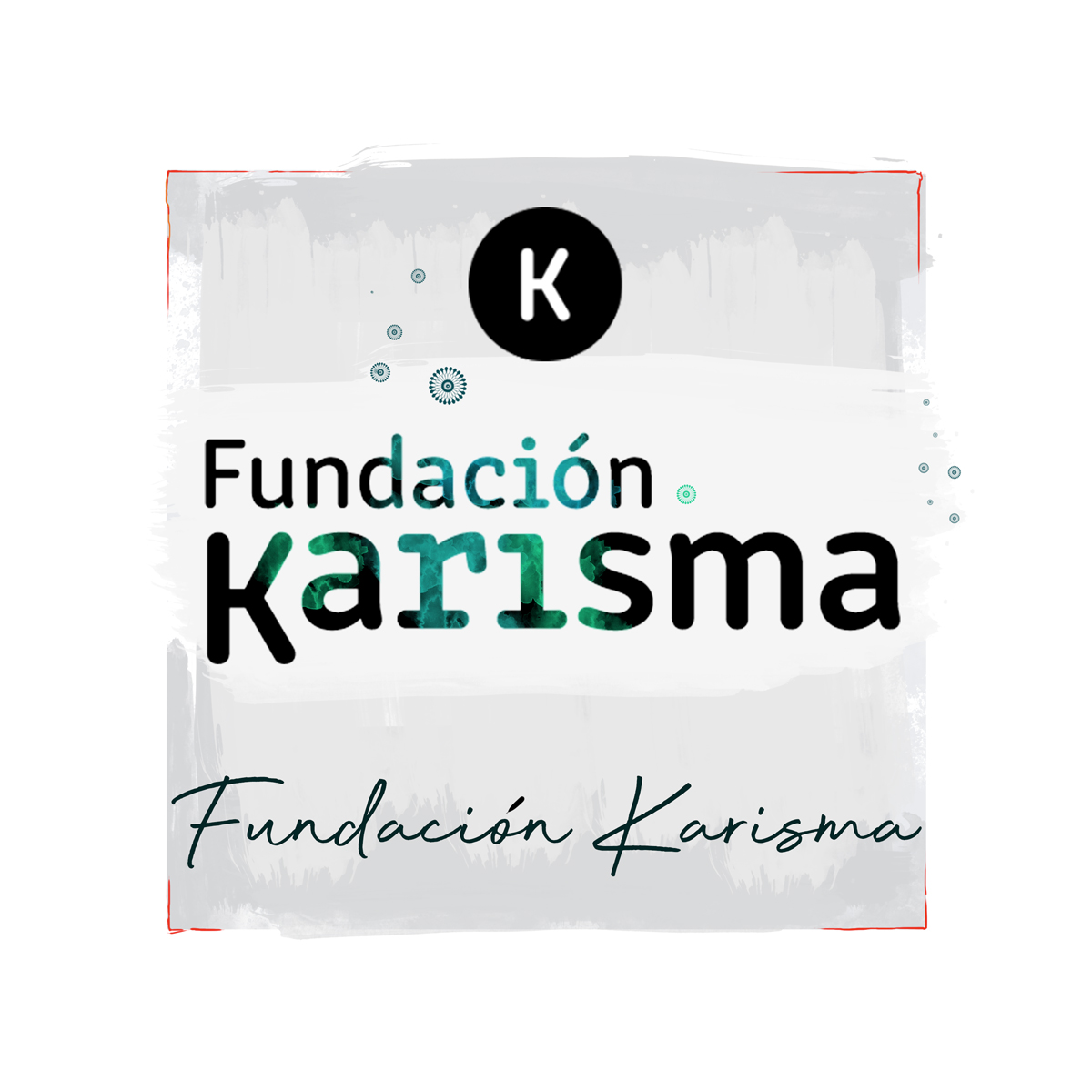[vc_row][vc_column][vc_video link=”https://www.youtube.com/watch?v=keuoW49mUy0″][vc_column_text]Carolina Botero Cabrera, executive director of Fundación Karisma, accepted the award on behalf of the organisation.

Good evening. We are honored by today’s recognition, and humbled to be part of such a great group of organizations shortlisted from all over the world. Knowing that we were the Latin American candidate for this award was a great privilege and joy for us in itself. But we are especially grateful to Index on Censorship for the opportunity to speak in front of all of you.
For some years now, in Fundacion Karisma, a women-led organization, we have been reflecting on the need to analyze the experiences of women on the internet. In 2015, we worked with a group of female journalists to distinguish and understand the consequences of online harassment that this group faces, not only on account of their profession, but because they are women.
Our findings show that online harassment is often underestimated, and that its effects are often downplayed. But what worried us most was how much female journalists prefer to opt for self-censorship. And this self-censorship impacts not only the freedom of expression of women, but of society as a whole, because there is less diversity of voices in the public debate.
From this experience, we asked ourselves how to provoke a conversation about gender-based discrimination on the Internet. This is how “Alerta Machitroll” was born.
At the heart of Karisma’s work has always been the promotion of access to knowledge and culture. As you just heard, we worked on the case of Diego Gomez, a young biology student who faced between 4 and 8 years in prison for copyright infringement, for sharing an academic paper on the internet. With our support, Diego’s case ended well and two judges concluded that science is characterized by sharing practices.
Let me emphasize that the Internet is a great tool for freedom of expression. However, its growing prevalence is not always linked to greater freedom of expression for all… Karisma works to show how we can transfer and strengthen offline safeguards into the online world and to increase awareness of these issues.
Repressive and regressive regulation and practices that harm freedom of expression are often in response to fear. In Karisma, however, we aim to draw attention to problems that are important to people like you and me with solutions that strengthen rather than diminish freedom of expression. It is not an easy task, but this award tells us that we are on the right track.Thank you.
Full profile: Colombia’s Fundación Karisma works to enhance digital rights[/vc_column_text][vc_basic_grid post_type=”post” max_items=”10″ style=”load-more” element_width=”6″ grid_id=”vc_gid:1554466702885-d23c3d1b-aded-4″ taxonomies=”8935″][/vc_column][/vc_row]






